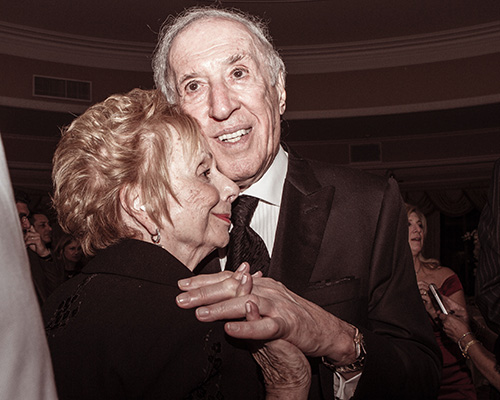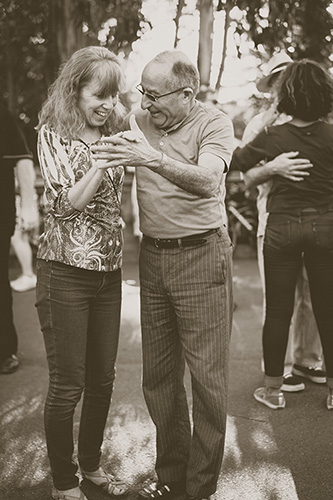Dancing Can Reverse Signs Of Aging In The Brain
A recent study shows dancing’s anti-aging effect on the brain. The study published in Frontiers in Human Neuroscience reveals that elderly people who participate in physical exercise can reverse the signs of aging in the brain. Dancing, in particular, has the most profound effect.
As the human body ages, we suffer a decline in mental and physical fitness. This can be worsened with Alzheimer’s disease, dementia, or normal age-related changes in cognition. Physical exercise appears to have an anti-aging effect on the hippocampus region of the brain. The hippocampus is the area that controls memory, learning, and balance. This is important because the hippocampus area of the brain can be prone to age-related decline.
Elderly volunteers, with an average age of 68, participated in the study for eighteen months. They were assigned a weekly course of either:
- learning dance routines or
- endurance and flexibility training
Dancing’s Anti-Aging Effect On Brain
Both volunteer groups demonstrated an increase in the hippocampus volume after eighteen months. However, only the dancers showed an increase in the balance composite score. Dancing, it would seem, counteracts age-related decline in both physical and mental abilities.
“Exercise has the beneficial effect of slowing down or even counteracting age-related decline in mental and physical capacity,” says Dr Kathrin Rehfeld, lead author of the study, based at the German Center for Neurodegenerative Diseases, Magdeburg, Germany. “In this study, we show that two different types of physical exercise (dancing and endurance training) both increase the area of the brain that declines with age. In comparison, it was only dancing that led to noticeable behavioral changes in terms of improved balance.”
One theory for the dancing group results is, volunteers were challenged with learning a new routine every other week. In contrast, the traditional workout classes kept the same routine every week. The changing routines in the dancing group are thought to account for the difference in results in this study.
“We tried to provide our seniors in the dance group with constantly changing dance routines of different genres (Jazz, Square, Latin-American and Line Dance). Steps, arm-patterns, formations, speed, and rhythms were changed every second week to keep them in a constant learning process. The most challenging aspect for them was to recall the routines under the pressure of time and without any cues from the instructor.”, Dr. Rehfeld explains.
Since everyone would like to live an independent lifestyle for as long as possible, dancing could be a powerful tool in seniors’ arsenal. The new challenges dancing offers for the body and mind can counteract several risk factors, especially in older age. It is clear from this study that physical activity can physically reverse signs of aging in the brain and slow down age-related decline.
Got Medicare Questions?
Dancing is a simple activity you can enjoy at any age. It helps keep seniors strong while also having fun.
If you are a senior and have Medicare questions call Empower today. Let us help with your Medicare questions so you can get back to the activities you enjoy the most. 1-888-446-9157 or click here to get an INSTANT QUOTE



